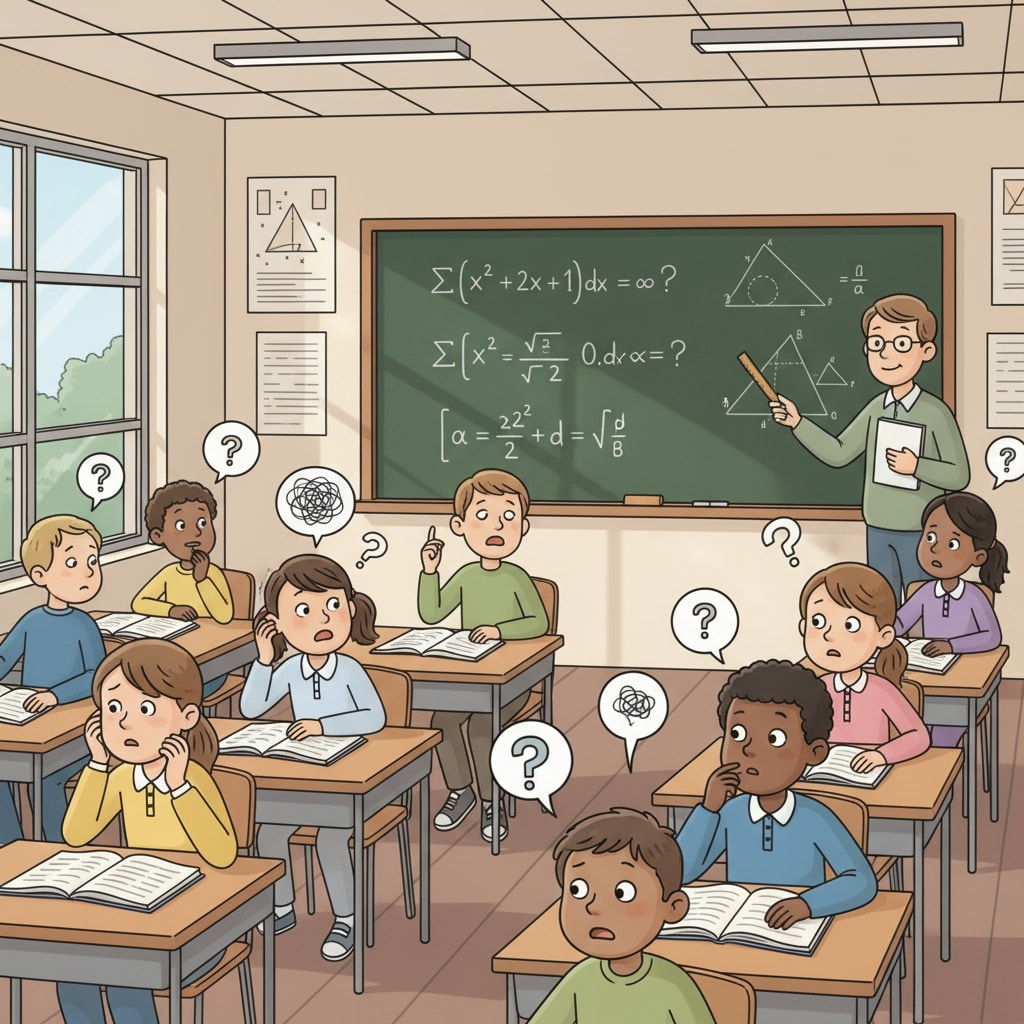Mathematics education, practicality, and advanced math are topics that have long sparked debates among educators, students, and parents. In the current K12 educational landscape, students are often required to delve into advanced mathematical concepts such as trigonometry and calculus. But a crucial question looms: what is the practical value of these advanced math topics in the lives of most students?

The Current State of K12 Math Education
K12 math education has a structured curriculum that gradually introduces more complex mathematical concepts. Starting from basic arithmetic, students progress to algebra, geometry, trigonometry, and eventually calculus. This progression is designed to build a strong foundation in mathematics. However, for many students, these advanced topics can be a source of stress and confusion. For example, trigonometry involves understanding angles and functions that seem far removed from everyday life. According to Wikipedia’s page on Mathematics Education in the United States, the emphasis on advanced math in K12 is part of a broader effort to prepare students for higher education and future careers in STEM fields. But is this one – size – fits – all approach truly beneficial?
The Question of Practicality
The practicality of advanced math in the real world is a matter of great concern. Most people will never use trigonometric identities or calculus in their daily lives. For instance, in a typical office job, basic arithmetic and simple algebraic skills are sufficient for tasks like calculating budgets or analyzing data. Even in many non – STEM careers, the need for advanced math is minimal. As stated in Britannica’s article on the education system, the education system should strive to provide students with knowledge and skills that are relevant to their future paths. So, it seems reasonable to question whether the extensive focus on advanced math in K12 is misaligned with the practical needs of the majority of students.

Moreover, the time and effort spent on mastering advanced math could potentially be better utilized. Students could focus on developing other important skills such as critical thinking, communication, and financial literacy. These skills are more directly applicable to a wide range of life situations and careers.
Readability guidance: The paragraphs above discuss the current state of K12 math education and the practicality question. Each idea is presented in a clear and concise manner, with short sentences and the use of examples for better understanding. Transition words like “however” and “moreover” are used to connect different thoughts.


